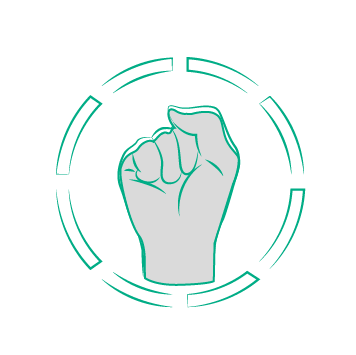
Ensuring access to safe, quality abortion is an imperative. Abortion is recognised as essential health care that must be provided by governments. Access to safe abortion is also a human right. Attacks against reproductive freedom are attacks on democracy and international human rights standards, on individual freedoms and the right to privacy, and they set back progress towards gender equality.
The Latin America Regional Congress – Cartagena 2022 is a world-leading event in gynaecology and obstetrics that will enable discussion and knowledge sharing of the latest scientific breakthroughs, best practice and clinical skills in women’s health care.
The landmark 1973 Roe vs Wade ruling has since allowed women in the USA to seek an abortion without excessive government restrictions. Recent news indicates that SCOTUS is likely to overturn the ruling. The final decision on this ruling is due in June 2022.
If made official, such a decision would have a catastrophic impact on a national and global scale, threatening the lives of women and girls every year.
The war in Ukraine poses extreme risks to civilians, in particular to women and children. More than 2.5 million people have been displaced by the invasion of Ukraine by the Russian Federation. This figure could rise to as many as 4 million. Among these are around 80,000 women expected to give birth in the next three months.
Today, the International Federation of Gynecology and Obstetrics has called on the Russian Federation to provide immediate and continuous safe passage across and out of Ukraine to all civilians, and especially pregnant women, women who have recently delivered, newborns and children.
London, UK – 10 March 2022
Along with leaders around the world, the International Federation of Gynecology and Obstetrics (FIGO) is calling for an immediate end to all hostilities in Ukraine, as Russian forces destroy hospitals and the conflict continues to threaten the human rights of women and girls in the country.
As the invasion of Ukraine continues, an entire nation is in the midst of disruption to their lives and livelihoods, with hospitals unable to perform the daily tasks of treating patients and saving lives. Health care professionals cannot provide the care expected of them because they are unable to travel, their families are threatened, or hospitals are under siege or destroyed.
When vaccination campaigns against SARS-CoV-2 started in late 2020, global health leaders called for an equitable distribution of COVID-19 vaccines. By mid-2021, a large number of people worldwide have benefited from these vaccines and although the lives of many are now beginning to normalise, we still need to ensure that vulnerable groups, such as refugees, are protected from the pandemic and have access to COVID-19 vaccines.1
The overwhelming political power shift in Afghanistan has eroded the fragile status of women’s health and rights in the country. Afghanistan has one of the highest maternal mortality rates in the world, according to United Nations data: some 638 women die per 100,000 live births. Poverty, lack of access to health services and gender inequality all contribute to these tragically high numbers, with fewer than 60% of births overseen by skilled health professionals.
The recent overwhelming political power shift in Afghanistan has raised international concern for the health and wellbeing of women and girls. The fear of eroding the already fragile status of women’s health and rights in the country is mounting amid media reports of women having their movement and access to health care restricted.